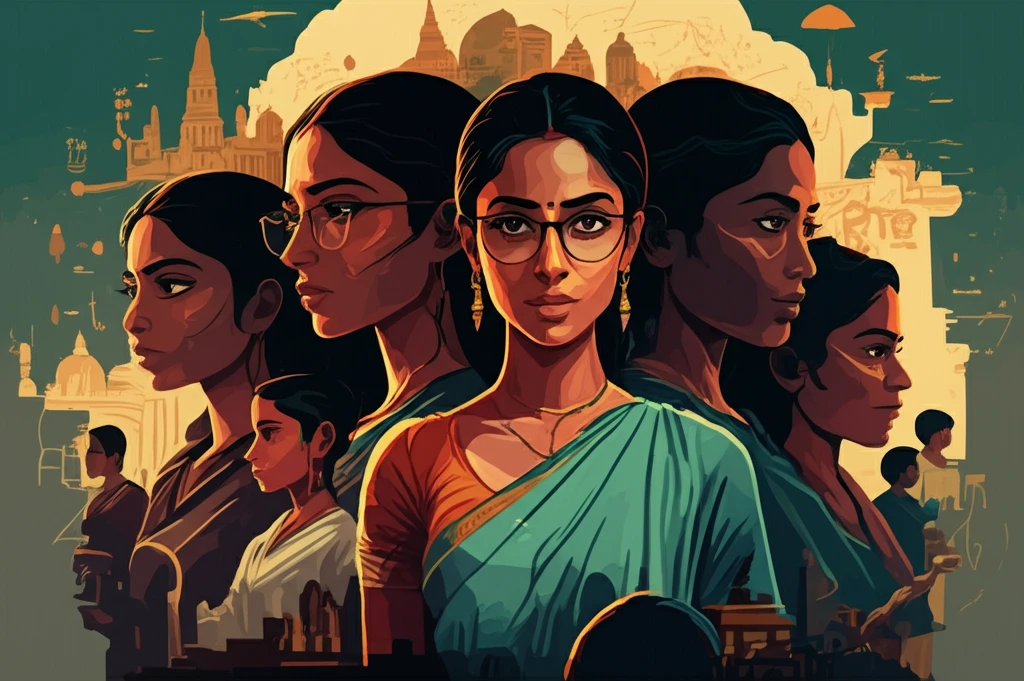
Empowering Women Through Work: How SEWA Builds Solidarity and Fights for Economic Justice
"Discover the transformative power of the Self-Employed Women's Association (SEWA) and its holistic approach to educating and empowering women in India's informal economy."
In a world grappling with issues of economic inequality and gender disparity, the Self-Employed Women's Association (SEWA) stands as a beacon of hope. SEWA, an organization deeply rooted in Gandhian principles, has been working tirelessly to empower women in India's informal economy for decades. Their approach is not just about providing jobs; it's about fostering self-worth, building solidarity, and creating pathways to economic justice.
At the heart of SEWA's mission is a comprehensive training program designed to introduce new members to the organization and its multifaceted work. This program, detailed in academic research, goes beyond traditional skills training to address the deep-seated social and economic barriers that women face. It aims to transform their self-perception, empower them to become active agents of change, and equip them with the tools to navigate a complex and often unjust system.
This article delves into the intricacies of SEWA's training program, exploring its core principles, methodologies, and transformative impact on the lives of women. By understanding SEWA's approach, we can gain valuable insights into effective strategies for empowering marginalized communities and building a more equitable world.
Naam, Kaam, Gaam: Recognizing Identity and Building Community

The cornerstone of SEWA's training is the "Naam, Kaam, Gaam" (Name, Work, Village) module. This initial session focuses on establishing each woman's identity, not just within her family or community, but as a worker with inherent value and rights. For many women, this is a revolutionary concept. Often relegated to the shadows and defined solely by their relationships (mother, wife, daughter), their contributions to the economy go unrecognized.
- Breaking Down Barriers: This exercise breaks down barriers of caste, religion and community that might have been there.
- Building Solidarity: It emphasizes that they are all one, and can work together to help solve each other's problems and better each other's lives.
- Practical Application: By asserting identity, women can better navigate systems (banking, healthcare) to obtain resources.
A Legacy of Empowerment
SEWA's holistic approach to women's empowerment, as exemplified by its training programs, has had a lasting impact on countless lives. By addressing issues of identity, building solidarity, and equipping women with the skills and knowledge they need to succeed, SEWA has created a model for sustainable social change. Its work continues to inspire and inform efforts to create a more just and equitable world for all.
